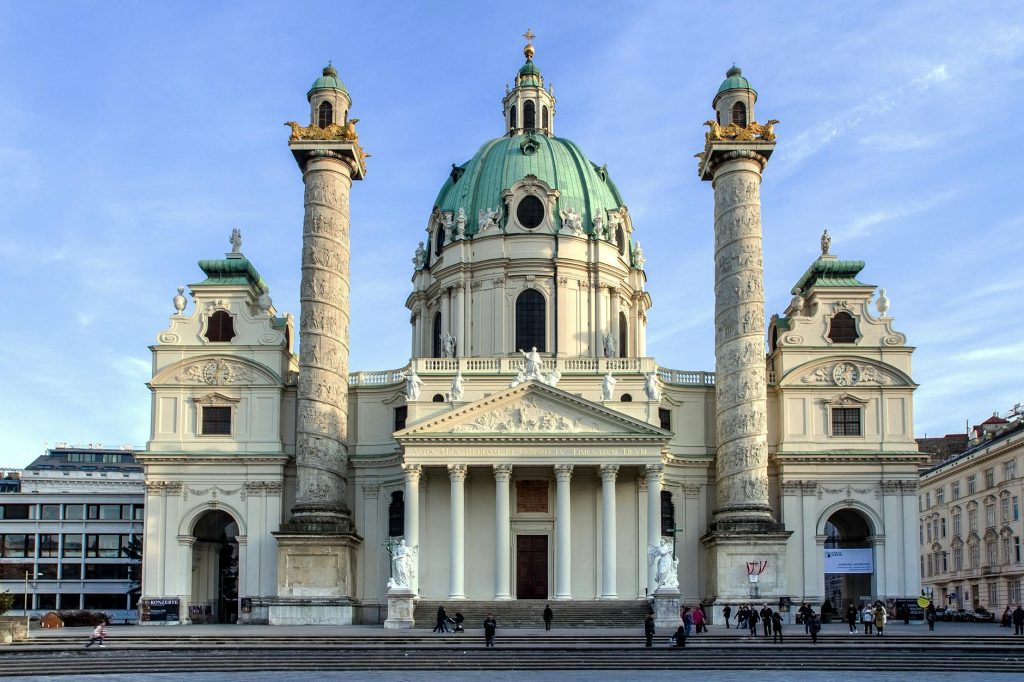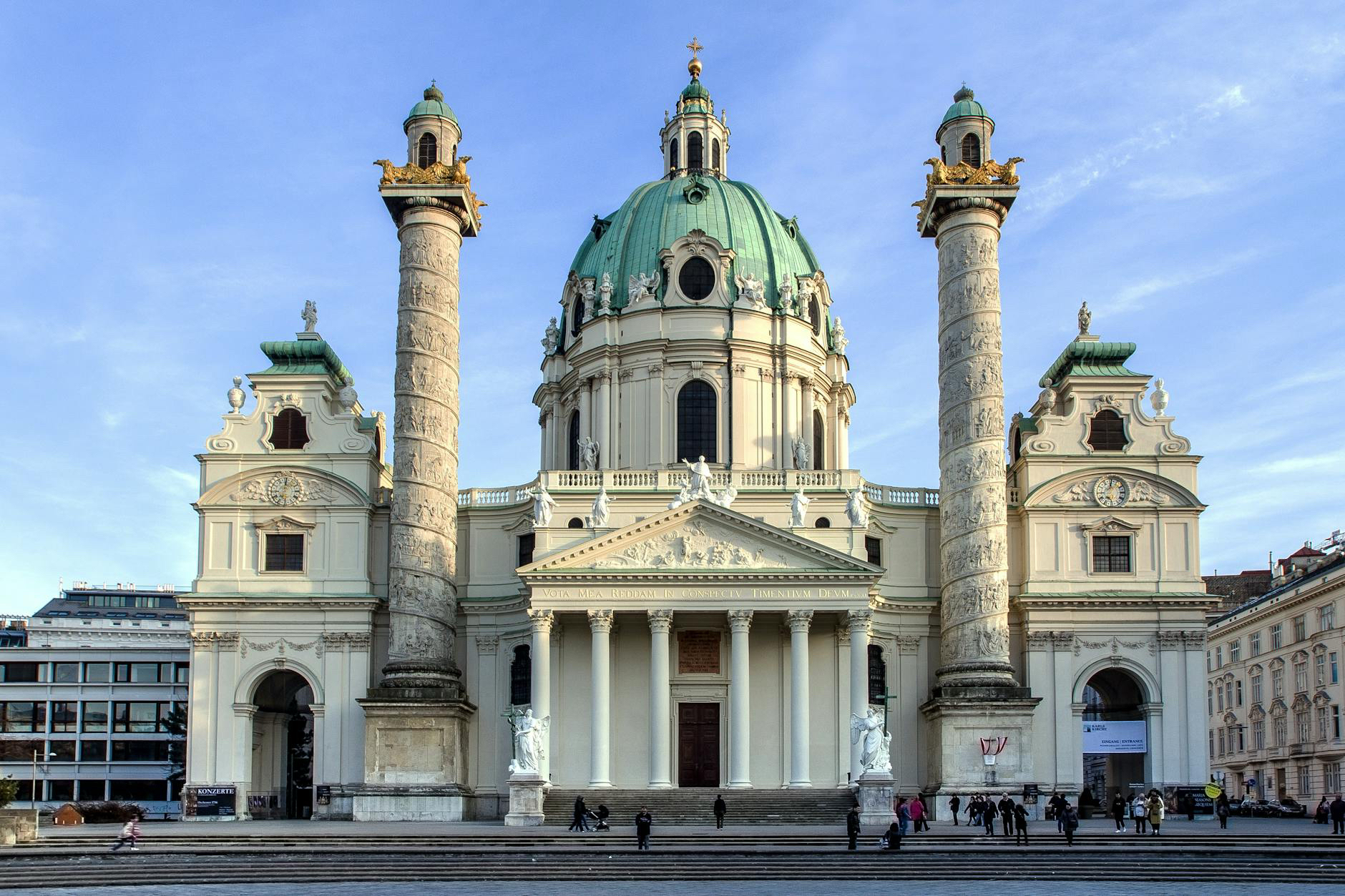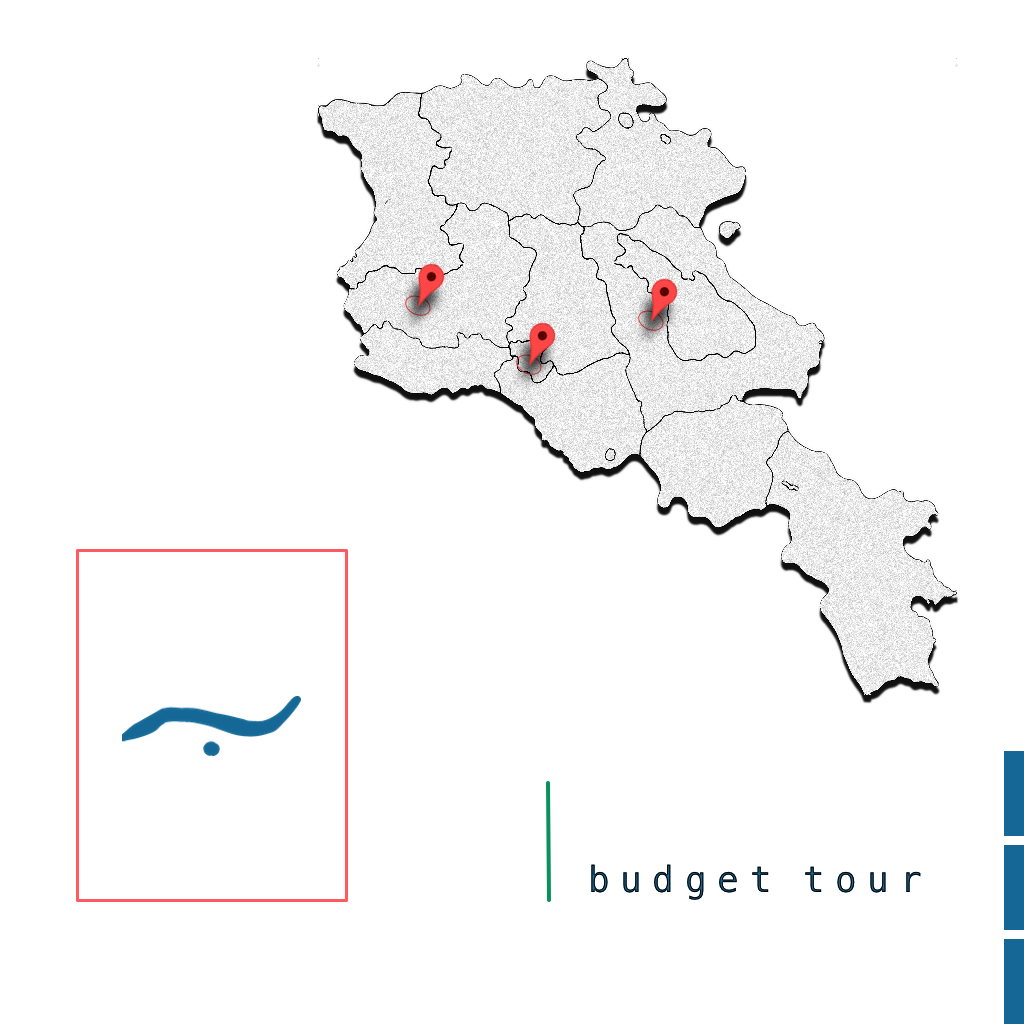Few places connect travel and music as seamlessly as Austria. Here, sound is not just an art form—it’s part of the landscape. From Vienna’s grand concert halls to Salzburg’s festival stages and Tyrol’s alpine folk traditions, Austria offers travelers a rare chance to explore a country where every street, valley, and mountain seems to resonate with music.
Vienna: The Pulse of Classical Europe
Vienna’s musical heritage is unmatched. Once the creative center of Mozart, Beethoven, and Schubert, the Austrian capital continues to be one of the world’s great music cities. The city’s institutions—such as the Vienna State Opera and the Musikverein, home of the Vienna Philharmonic—maintain standards that define classical performance globally.
Beyond the formal stages, Vienna’s culture invites immersion. The Haus der Musik offers an interactive experience of sound and composition, while smaller venues across the city, like Porgy & Bess, keep Vienna’s jazz and contemporary scenes vibrant. Even its coffeehouses, such as Café Central, echo with history—the kind of place where a pianist might be playing while you sip your melange under vaulted ceilings once frequented by poets and philosophers.
Salzburg: The City That Sings
If Vienna is grandeur, Salzburg is intimacy. This baroque gem, straddling the Salzach River, was the birthplace of Wolfgang Amadeus Mozart—a fact the city embraces wholeheartedly. His former homes, now museums, remain top draws for visitors.
But the true musical heart of Salzburg beats every summer during the Salzburg Festival, one of the world’s most prestigious cultural events. For six weeks, opera, theatre, and orchestral performances transform the entire city into a stage. Concerts spill into courtyards and churches, attracting artists and audiences from across the globe.
Between performances, visitors can retrace cinematic history through “The Sound of Music” film sites, wander the Mirabell Gardens, or climb to the Hohensalzburg Fortress, where chamber music often fills the ancient halls with haunting acoustics.
Graz and Innsbruck: The Innovators
While Vienna and Salzburg dominate Austria’s musical identity, the cities of Graz and Innsbruck are quietly expanding its boundaries.
In Graz, the Styriarte Festival, founded by conductor Nikolaus Harnoncourt, reimagines classical music through inventive programming and unconventional settings—concerts in candlelit churches, palaces, and open-air venues that highlight the city’s architectural beauty.
Innsbruck, framed by the Alps, hosts the Innsbruck Festival of Early Music, one of Europe’s leading events for historically informed performances. Baroque and Renaissance works are revived with period instruments and scholarly precision, offering a window into the evolution of Western music.
Alpine Folk Traditions and Hidden Soundscapes
Beyond the cities, Austria’s rural regions keep centuries-old folk music alive. In Tyrol and Styria, local ensembles still play zither and steirische harmonika at village gatherings. Festivals like the Almabtrieb, marking the cows’ descent from alpine pastures, blend pastoral ritual with lively brass bands and community celebration.
In Hallstatt, a lakeside UNESCO World Heritage village, choral music and church concerts resonate across the water, proving that even the smallest towns contribute to Austria’s vast musical ecosystem.
A Living Symphony
Traveling through Austria, one quickly understands that music here is not confined to performance—it is lived. It shapes identity, defines rhythm, and gives meaning to the country’s landscapes. Whether listening to a waltz in Vienna, a Mozart concerto in Salzburg, or a folk tune in the Alps, visitors experience a nation that has turned listening itself into an art.
In Austria, every journey becomes a composition.
Would you like me to adapt this for a specific publication style — for example, National Geographic Traveler, Condé Nast Traveler, or BBC Music Magazine? Each has its own tone and pacing, and I can fine-tune it accordingly.




